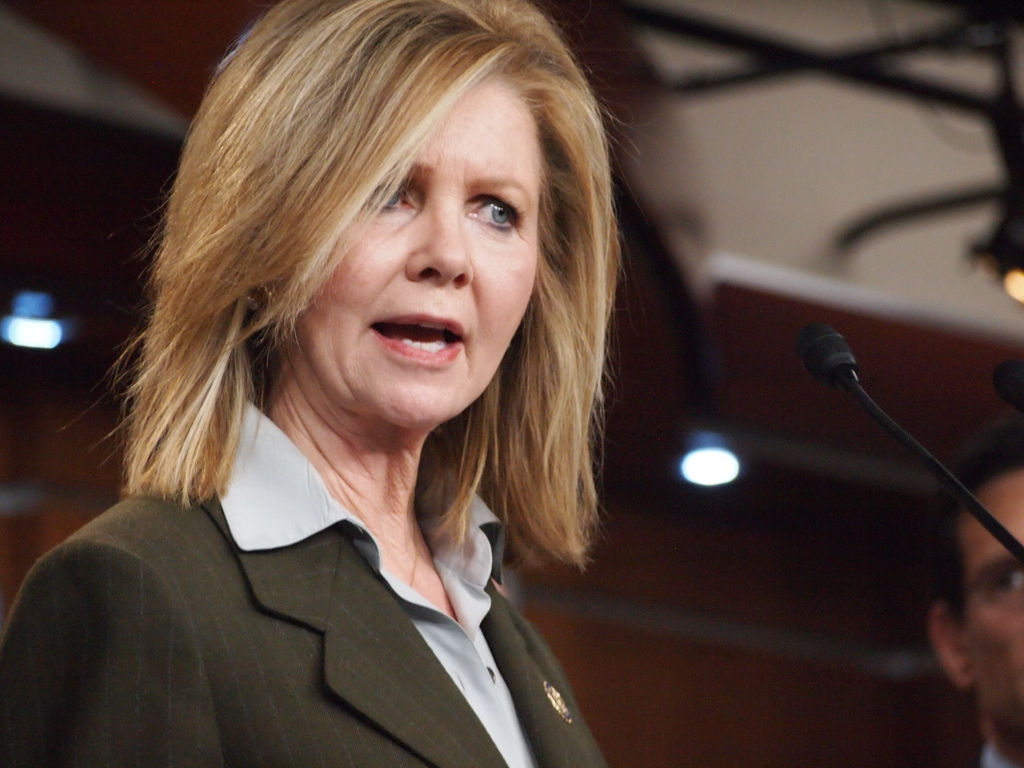Provisions included in a House spending bill that passed Thursday night are already drawing the ire of consumer advocates because they would bar the Federal Communications Commission from moving forward on various agency policies. Public Knowledge, for example, argued Friday that the measure “will actively harm Americans, generally dislodge government processes, and once more take aim at the FCC’s ability to do its job.”
The House passed a funding bill for financial services and general government by a 239-185 vote. The bill includes several provisions to roll back the FCC’s authority and stoked the anger of Democrats; only four of them voted for it.
Several knowledgable people in the tech world doubt the controversial provisions will make it into the final version that lands on President Obama’s desk.
“The president won’t sign a bill with so many poison pills in it,” said Josh Stager, policy counsel at the left-leaning Open Technology Institute, in an email. He called the provisions “a coordinated attack on almost all of the FCC’s big achievements over the past year.”
The final passage of the measure came the night after Republicans voted down a series of Democrats’ amendments aimed at reversing provisions that would prohibit the FCC from enforcing its 2015 net neutrality rules until three pending lawsuits are decided.
Democrats also attempted to fight another section of the spending bill that would drastically push back the agency’s effort to open cable set-top boxes to third-party manufacturers. The language would bar the commission from moving forward on those rules until an impact study is conducted.
Meanwhile, Rep. Marsha Blackburn’s (R-Tenn.) succeeded in adopting her amendment to block the FCC from moving forward on its proposal to police the privacy practices of internet service providers passed.
Public Knowledge was most harsh about the provision delaying the FCC’s set-top box proposal, calling it “particularly egregious.”
“Make no mistake: These provisions are an industry giveaway to Big Cable, blessing its ongoing practice of needlessly robbing consumers of billions of dollars and stifling innovation in the video marketplace for the foreseeable future. It must not be allowed,” Kate Forscey, government affairs associate counsel at Public Knowledge, said in a Friday statement.
The FCC’s proposal to open the cable set-top box market has been met with robust criticism, despite the agency’s assertions that it would increase competition and allow Americans to access content without needing to pay hefty set-top box fees. FCC Chairman Tom Wheeler says each pay-TV subscriber pays $231 yearly on average for them.
The problem for Republicans hoping to shoot various FCC policies down is that President Obama was a vocal advocate and catalyst in the movement to make the FCC’s net neutrality rules a reality. He also threw public support behind the commission’s set-top box proposal as recently as April.
This makes it hard for policy experts to see Obama actually signing a bill that strips the FCC’s power to enforce policies that are dear to him.
“Given what the president has said about the set-top box proposal and network neutrality, I am not sure that he would sign the bill,” Will Rinehart, director of Technology and Innovation Policy at the center-right American Action Forum, said in an email. “Instead, these provisions will probably become a negotiating point for the omnibus or the continuing resolution.”
Tom Struble, policy counsel at TechFreedom, predicts that forcing these provisions to Obama’s desk would be unwise for Republicans. He might not sign it, and the resulting government shutdown could turn the court of public opinion against Republicans.
“Democrats have recently been very successful in making previously niche telecom issues into populist rallying cries, and I wouldn’t put it past them to refuse to sign a rider-laden appropriations bill simply because of the FCC issues, even if that results in another temporary government shutdown,” Struble said in an email.
“I think Republicans would be unwise to make this their line in the sand, as they have not yet done enough to convince the American public that the things the FCC has been doing — regulating the Internet as a public utility in the name of net neutrality, passing new privacy rules to fill the jurisdictional gap created by the Title II reclassification, and mandating MVPDs enable competition from third parties in the set-top box market — are actually bad,” Struble added of the net neutrality rules, the set-top box proposal and the broadband privacy rules.

